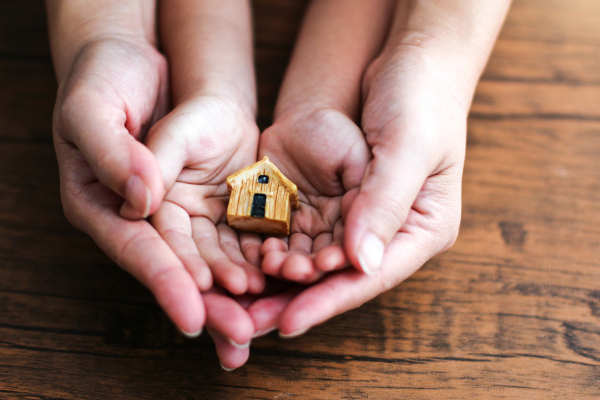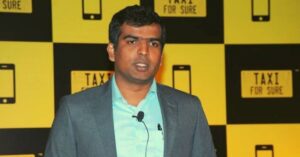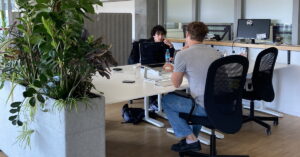When Richard Joffe moved his family to Australia in 2019, he said applying for home insurance “was like traveling back in time 30 years.”
“I found the sign-up process painful, the fine print was confusing and the insurance company was totally reactive, not proactive. They never contacted me aside from my renewal,” he told TC. Joffe, who founded parking sensor platform Park Assist and jobs platform Stella.ai in the United States, began researching and found many people in Australia shared the same frustrations. This was the impetus for him to found Honey Insurance, which launches today with $15.5 million AUD (about $11.9 million USD), the largest seed round ever raised by a tech startup in Australia, according to Crunchbase data.
The funding was led by institutional investors RACQ (the insurer that also underwrites Honey Insurance), PEXA, Metricon, ABN Group, Mirvac, AGL, SFG and Apex Capital. Individual investors include Zip founder and global CEO Larry Diamond; Afterpay co-founder and CEO Anthony Eisen; former MEBank CEO Jamie McPhee; former Corelogic CEO Graham Mirabito; Airtasker co-founder and CEO Tim Fung; former News Corp Australia and Foxtel CEO Peter Tonagh.
The capital will be used on hiring, with plans to fill 80 positions over the next 12 months, and research and development.
Honey Insurance is underwritten by RACQ, one of Australia’s largest insurance providers, and offers home, contents and landlord coverage. Customers get $250 AUD worth of smart sensors to monitor for the top three risks to homes: flooding, fire and theft. For example, the sensors look for things like leaky water pipes, smoke and open garage doors. Joffe said half of insurance claims are avoidable and the sensors help prevent incidents. As an incentive, Honey Insurance customers get 8% off their premiums if their sensors are switched on.
The sign-up process for Honey Insurance is also designed to be simple. Joffe said customers can purchase insurance in as little as three minutes and the company avoids using confusing jargon. Over the long-term, Honey Insurance will also use publicly available information and satellite data to automatically update policies if a customer makes changes to their home, like a new extension or pool.
Joffe said another problem in Australia is underinsurance, which affects about four out of five Australians. Last year, 183,000 home claims were declined or withdrawn, and the average claim size was $8,400, up 16% from the year before. As a result, each year customers need to pay a total of $1.5 billion out of pocket.
To address underinsurance, Honey Insurance has taken steps like a 30% safety margin for a customer’s sum insured and four time the usual home office coverage, to the value of $20,000.
“We have far more electronics in our houses than 20 years ago, and we work far more from home than before COVID—it makes sense your insurance policy should take this into account,” Joffe said.
In a statement, David Carter, CEO of RACQ, said, “Investing in Honey Insurance is an opportunity to share in the innovation and increase the scale of our insurance portfolio to benefit our 1.8 million members and their communities.”










